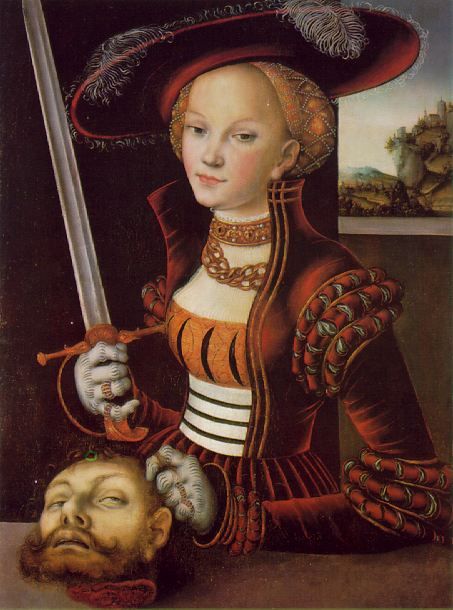
For in eating, each one by preference takes his or her own meal; and one goes hungry while another gets drunk. Don’t you have houses for eating and drinking? (1 Cor. 11:21-22)
The apostle condemns the parish members who are better off bringing their own food and wine to parish dinners and then refusing to share, getting drunk while other people at dinner are going hungry. The meal that was meant to erase and heal social divisions only exposed these divisions and made them worse.
The contrast between the “haves” and the “have nots” is a classic theme of Greek and Roman writers. Pliny complained that some hosts served “cheap and paltry” food and wine to guests that they thought less important while having “elegant dishes” served to themselves and a few special guests. Pliny thought this was sordid behavior. (Epistle 2.6)
Other writers, like Juvenal, made fun of hosts who did this. The host was not refusing to spend money, Juvenal said; the host just wanted to cause his guests pain. “What comedy … is more amusing than a disappointed stomach?” A host who did this was truly malicious, Juvenal thought.
Socrates insisted that meals be truly communal experiences. Plutarch warned against disorder at meals and dinner parties. Nevertheless, drunkenness was so common at common meals that Sparta and Crete outlawed dinner parties. Even in the Old Testament, hosts were urged to take care of their guests before sitting down at the table themselves. The host who is generous with food is blessed and guests were expected to help others before helping themselves to the meal. (Sirach 31-32)
Alas, the misbehavior of the Corinthians at dinner had a long pedigree. Their misbehavior revealed that they despised the Church rather than loving their brothers and sisters, as they claimed. Actions always speak louder than words.
Paul reminds us that the Master gave up everything, including himself, for us. But we are reluctant to even share a little food with our fellow believers…. Do not dishonor your brothers or neglect them in their hunger. Do not get drunk. Do not insult the Church. When you come together, give thanks for what you have to eat and do not cut yourself off from your neighbors.
St. John Chrysostom, Homily 27 on 1st Corinthians
